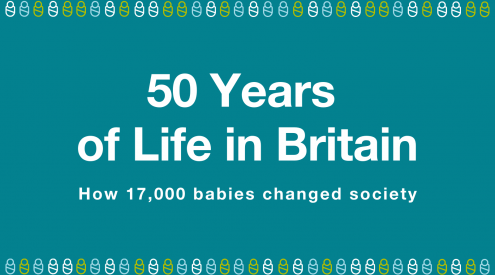Our researchers analysed information about the reading habits of more than 6,000 participants in the 1970 British Cohort Study, collected when they were aged 10 and 16, alongside the results of various cognitive assessments, completed at ages 5, 10, and 16.
Comparing participants from the same social backgrounds who had achieved the same test scores as each other at ages 5 and 10, they discovered that those who read books often at age 10 and more than once a week at age 16, made more progress in maths as well as vocabulary, between the ages of 10 and 16, than those who read rarely or never.
Reading for pleasure was found to be more important for children’s cognitive development between ages 10 and 16 than their parents’ level of education. The combined effect on children’s progress of reading books often, going to the library regularly, and reading newspapers at age 16 was four times greater than the advantage children gained from having a parent with a degree.
The analysis also found that children who were read to regularly by their parents at age 5 performed better in tests at age 16 than those who were not helped in this way.









